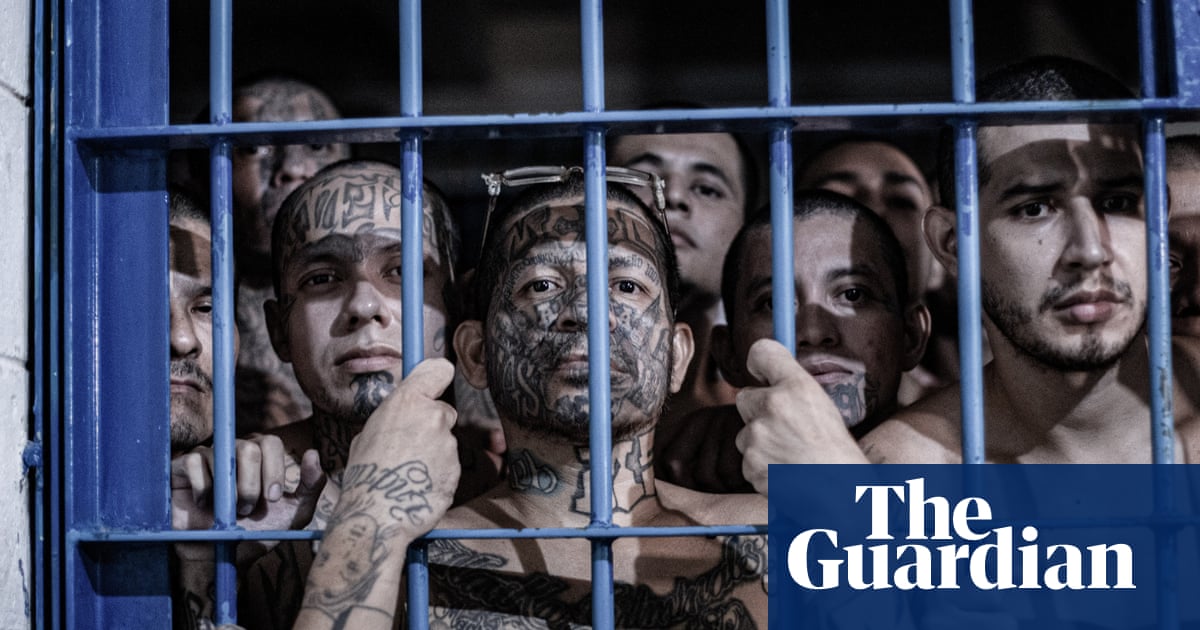We figured we would spend only a few days out of the country. We figured that within a week of publishing, some other matter would distract the Salvadoran government. We would weigh the risks of returning and would then go back. We left with carry-on bags: no one was carrying more than 10 pairs of underwear.
We had invented a routine for these situations, which had worked out fine so many times before: “preventive departure”. One of us, for the first time, mentioned that the government would make us pay dearly. But we kept repeating “preventive departure”. We kept repeating it a week later, two weeks later, a month after we could not return.
The reason for our preventive departure was a series of videos our newspaper, El Faro, was about to publish. The first instalment – titled Charli’s Confessions: Interview with a Gang Leader on His Secret Pacts with Nayib Bukele – was published in early May. By then, the journalists who had done the interviews were in different locations: New York, Mexico City, Guatemala City, Los Angeles.
In El Salvador, the popular dictator Nayib Bukele is the king of social media. Thumbs up, hearts, comments and views are the currency of his kingdom. His most watched video on YouTube, about the Cecot megaprison – the only Salvadoran prison that Bukele wants the world to see – has racked up more than 4m views in two years. The second most-viewed video on his channel, titled “Why did we destroy the gravestones of gang members?”, has reached more than 3m views in the same span. For the leader of a country like El Salvador, with a population of only about 6 million people, those numbers are huge. And that is just on his channel. Across social media, Bukele is a brand.
The first video was an interview with two gang members who had escaped the country with the Bukele government’s help. They described the details of a pact with the dictator’s inner circle that had lasted more than eight years. Within 24 hours, the video surpassed 326,000 views. Two months later, the three instalments of the interview series had reached 2m views on YouTube. On the newspaper’s other social media accounts, excerpts from the interview were viewed more than 15m times.
Over the course of the three episodes, 93 minutes in total, revelations by the leaders from the 18th Street Revolucionarios destroyed the image of Bukele as the arch-enemy of the gangs. Bukele’s party, they said, had paid the gangs $250,000 to help get him elected mayor of the capital (where he served from 2015 to 2018), back when he was still claiming to be a leftist. The pact continued once he became president and included loopholes that allowed gang members to continue extorting and murdering without fear of punishment. The gang members also said the Bukele government had ultimately helped both of them escape the country. (Bukele has publicly denied such allegations and has not been charged.)
Abundant evidence previously published by El Faro lent credibility to the gang members’ claims, but in these times, an intelligence document with official stamps and signatures or pictures from prison security cameras have less weight than a famous fugitive gang leader saying it himself
Continue Reading on The Guardian
This preview shows approximately 15% of the article. Read the full story on the publisher's website to support quality journalism.
